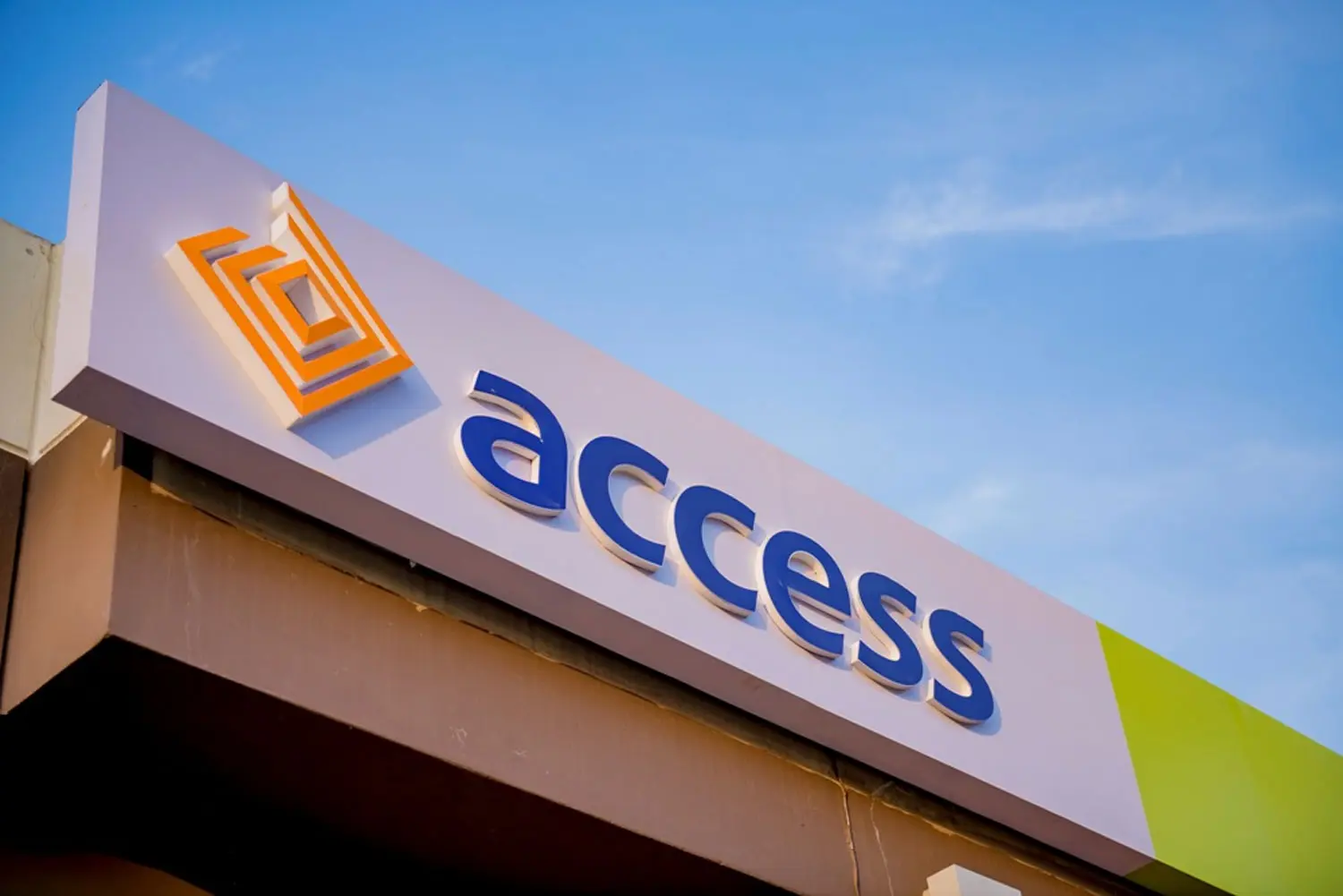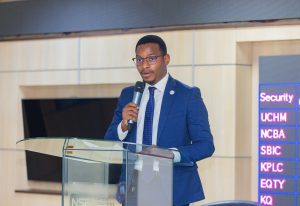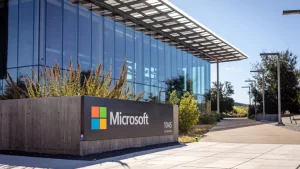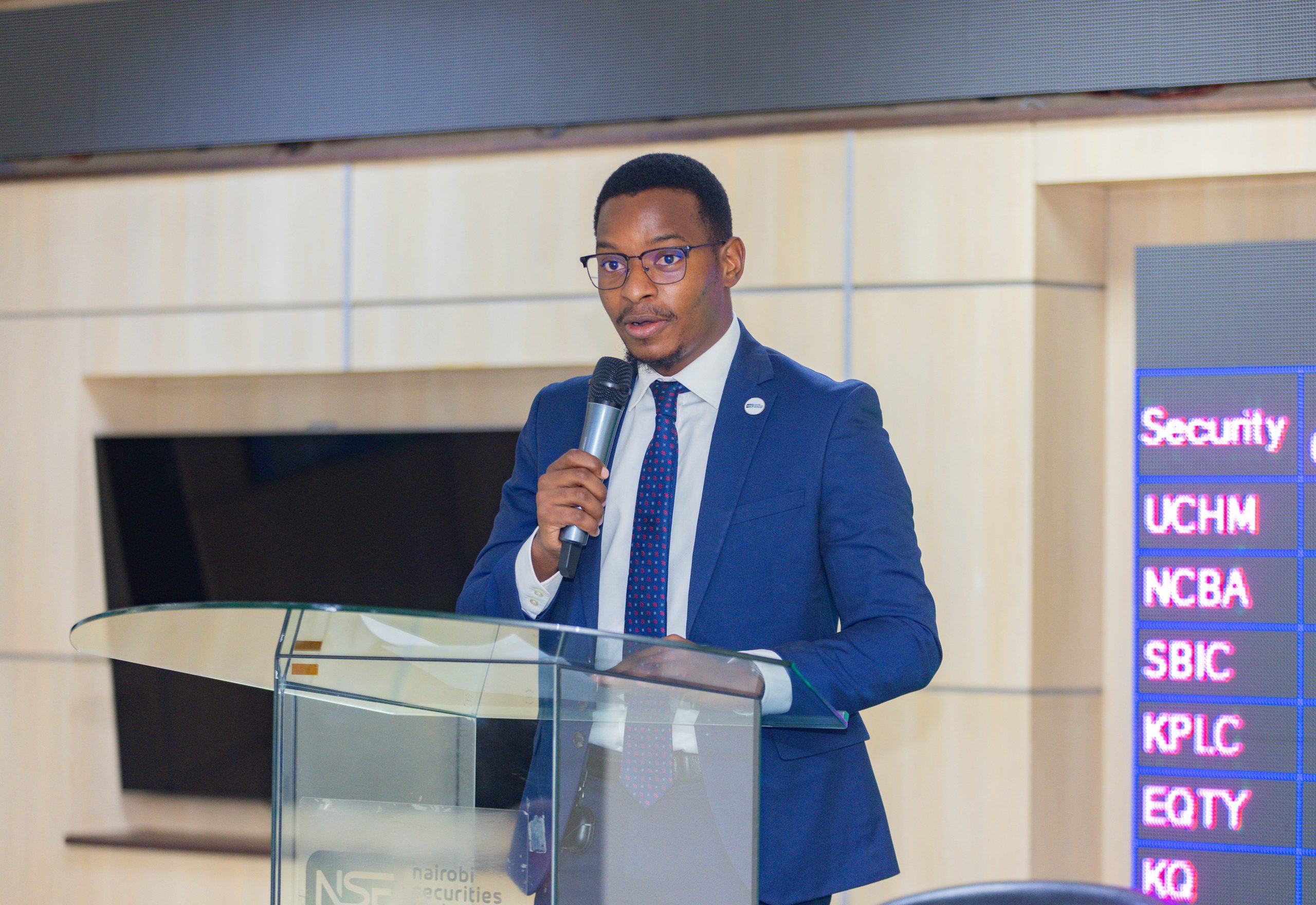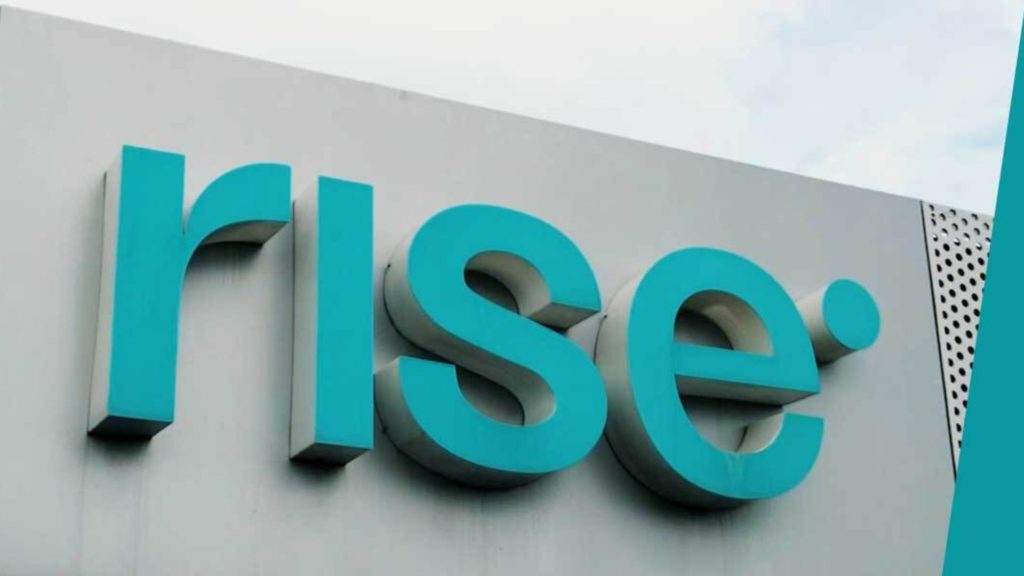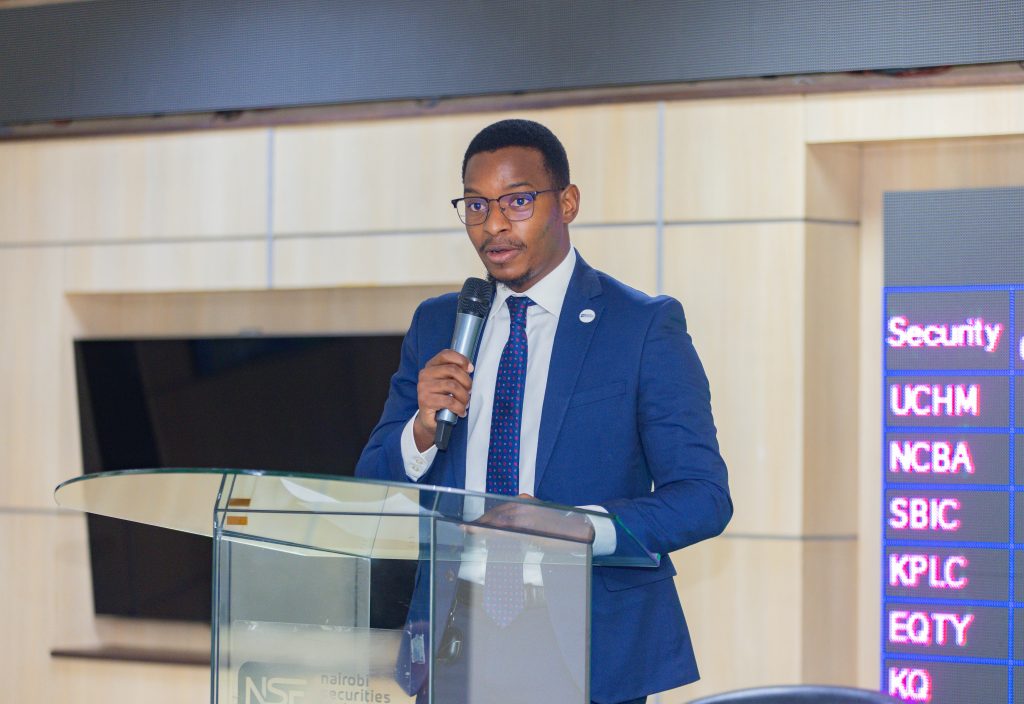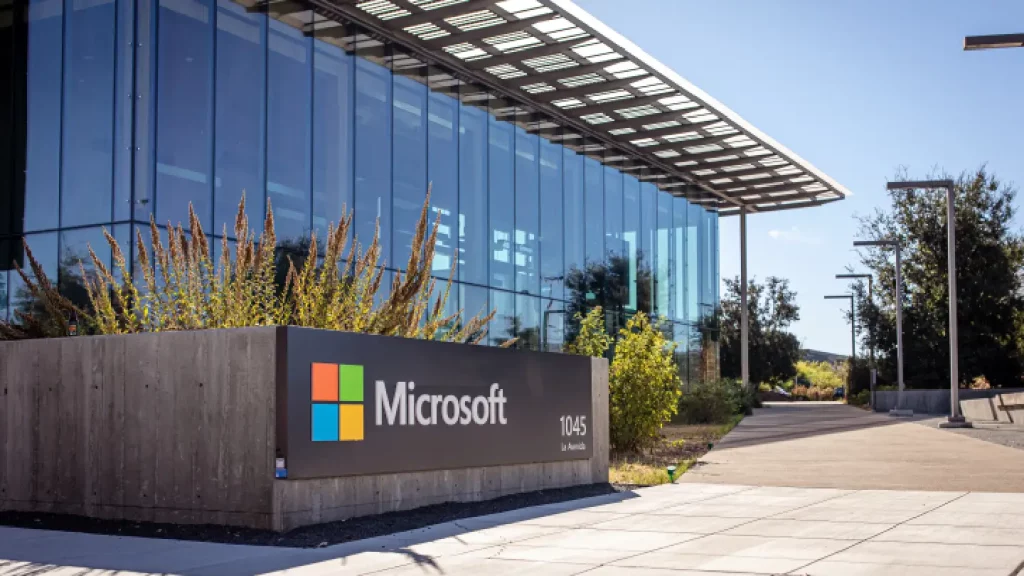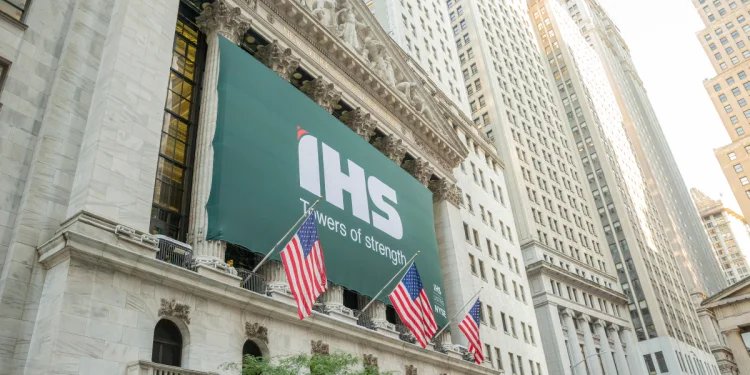

Good morning! ☀️️️
So that didn’t take long. In yesterday’s TechCabal Daily, we asked if Lesotho would cave under the one-two punch of Elon Musk’s Starlink and US trade pressure. Today, the answer arrived faster than we imagined.
Lesotho’s government has granted Starlink a licence to operate, essentially sidestepping the proud Basotho rule (the law that demands 30% local ownership in any foreign company). The decision came much sooner than anyone expected.
Sometimes, holding out makes you look strong. Other times, it just makes you look like you’re waiting for Elon to sweeten the deal.
Let’s dive into today’s edition.

Banking
Access Bank close to finalising NBK buyout

If you were Access Bank, and you’d been chasing a buyout deal for the National Bank of Kenya (NBK) for as long as it has, even the tiniest steps in the regulatory approval process would send tingles down your spine.
This must be the feeling at Access Bank, Nigeria’s largest commercial bank by assets, which has now received approval from both the Central Bank of Kenya (CBK) and the country’s Treasury to acquire the struggling Kenyan lender.
The deal’s not yet inked—Nigerian regulators still have to sign off—but this is the closest Access has been to sealing the deal since it first whispered sweet acquisition nothings in KCB’s ear to acquire its NBK subsidiary over a year ago.
So why the clingy courtship? NBK might be struggling, but it comes with prime real estate: a wide branch network (85 branches), name recognition, and a seat at the table in East Africa’s biggest economy.
This would be Access Bank’s second Kenyan swoop, after acquiring Transnational Bank in 2020. Clearly, Access Bank is focused on building serious muscle in East Africa, especially after its 2022 attempt to buy Sidian Bank fell through due to unmet waiver conditions that were never made public.
Despite what promised land the NBK looks like for Access Bank, the smaller bank has been struggling with high loan defaults and consistent revenue losses. As of 2024, NBK’s non-performing loans (NPLs) were as high as 18.6%, above the banking industry’s 16.4%—which means that for every $100 the bank gave out as loan, $18.60 was at risk of not being repaid on time or at all. This was primarily driven by defaults in corporate and manufacturing sectors, which together accounted for a significant share of the bank’s bad loans.
While NBK staged a recovery in 2024 after posting a profit after tax of KES 1.06 billion ($8.2 million), the bank’s profitability has historically struggled; in 2023, it lost KES 3.3 billion ($25.5 million), driven by its high loan defaults and macro challenges.
Yet, buying NBK could give the Nigerian bank a solid springboard to achieve its five-year plan and take on big local Kenyan players like KCB and Equity to establish a market stronghold, especially if it injects fresh capital from its group company to stabilise the NBK brand.
Seamless Global Payments With Fincra.

Issue accounts in NGN, KES, EUR, USD & more with one integration. Send & receive funds seamlessly across borders; no more banking hassles or complex conversions. Create an account for free & go global today.
Internet
Elon Musk’s Starlink enters Somalia and Lesotho

Since Jeff Bezos’ Project Kuiper started blowing hot about entering markets that billionaire Elon Musk has been eyeing for months, things have miraculously been falling into place for the Starlink boss.
Bad weather torpedoed Amazon’s much-frenzied Kuiper satellite launch, Lesotho was looking for a quid pro quo arrangement and has now allowed Starlink into its country, and even in South Africa, members of parliament (MPs) are torn between bringing in Musk’s Starlink internet or staying grounded with their black ownership rule.
Now, Musk is bagging wins further up the continent. On Sunday, Starlink, the satellite internet service provider (ISP) launched in Somalia—marking its 20th African country. While the ‘Horn of Africa’ isn’t exactly known for robust digital infrastructure, Starlink’s low-orbit satellite technology is tailor-made for underserved and off-grid zones.
Musk isn’t waltzing into a blank slate. Hormuud Telecom, Somalia’s telecom heavyweight, has been dominating the space for decades. The telecom operator is like Kenya’s Safaricom; it has built a massive network, moved millions of dollars through mobile money, and for $20 a month, Hormuud offers unlimited internet—something satellite ISPs dream of matching.
On the other hand, Starlink will likely charge between $110–$120 per month for its standard residential plan in Somalia, with an upfront cost of $600 for the dish and modem. This is over five times Hormuud’s price and requires a substantial initial investment, which is a major barrier in a country where most households earn about $2.15 per day. The satellite ISP has not announced any subsidised plans for Somalia.
Still, Hormuud’s about to go through a leadership shake-up, and Starlink’s timing couldn’t be better. With Musk’s deep pockets, global footprint, and X-powered hype machine, Hormuud might soon have a real fight on its hands.
With local telecoms bracing and competitors like Google’s Taara also lighting up the race, Somalia just became the next big battleground in the fight to connect Africa’s disconnected.
Here’s what happened at Paystack in 2024!
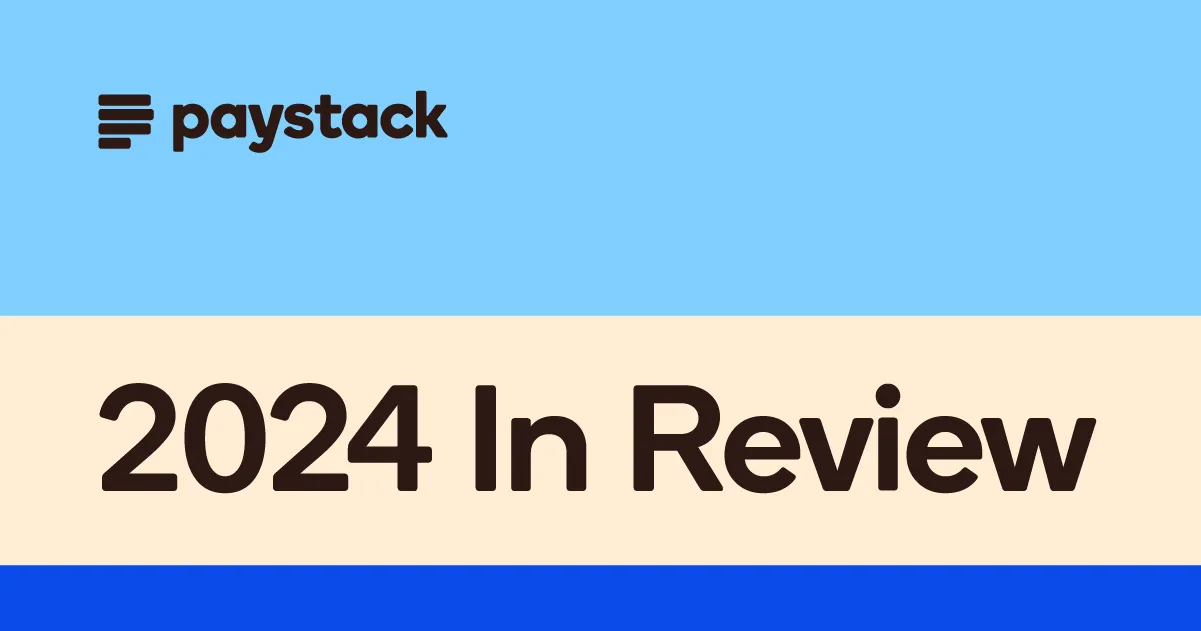
See what Paystack built last year! From major product upgrades to new ways we supported African businesses. Check out our Year in Review →
Economy
South Africans turn to energy trading as Eskom electricity tariff hike kicks in
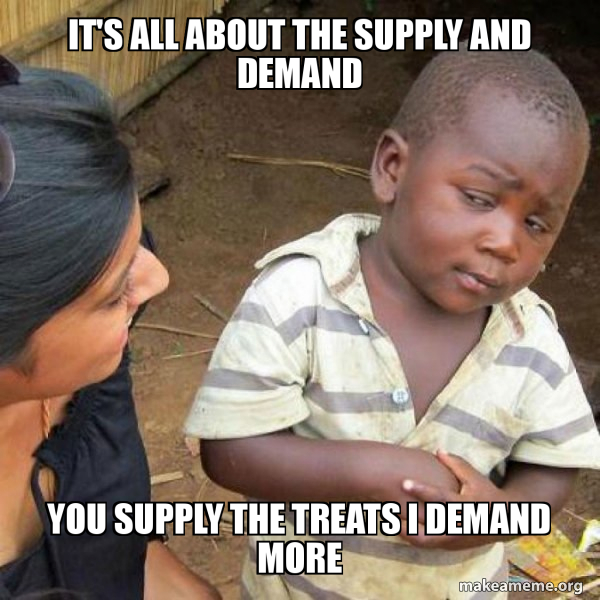
South Africa’s energy sector is about to level up.
The country is gearing up for its very own traded electricity market.
This shift to energy trading is useful because it takes away the central power from Eskom. Instead of being stuck with a single supplier like Eskom, South Africa’s electricity provider, consumers can now shop around, comparing prices and picking options of power products. It’s like choosing your internet package, but with less buffering and more, well, electricity.
This setup means no more rigid tariffs. Instead, prices will reflect the actual dance of supply and demand. With multiple energy providers selling units of power, South Africans will have access to cheaper electricity compared to what Eskom provides.
This shake-up could not come at a better time. Electricity prices have skyrocketed, going up more than eight-fold from 2008 to 2023—for context, South Africa’s inflation only went up by 215% during the same period.
And just when you thought electricity could not get pricier, Eskom dropped another 12.74% hike which took effect on April 1. Added with the increased tariffs in telecom and streaming services, South African businesses and households are feeling the heat.
The National Energy Regulator of South Africa (NERSA), the country’s energy regulator, is already setting things in motion by giving the green light to 10 traders—including Green Electron Market and Discovery Green—to set up electricity pricing units.
Rand Merchant Bank (RMB), a South African investment bank, is also stepping up to back new market players to bring energy costs down. Plus, the bank is also pouring cash into solar grid upgrades to lead South Africa’s push for renewable projects.
Get notified when the Moonshot Deal Book goes live
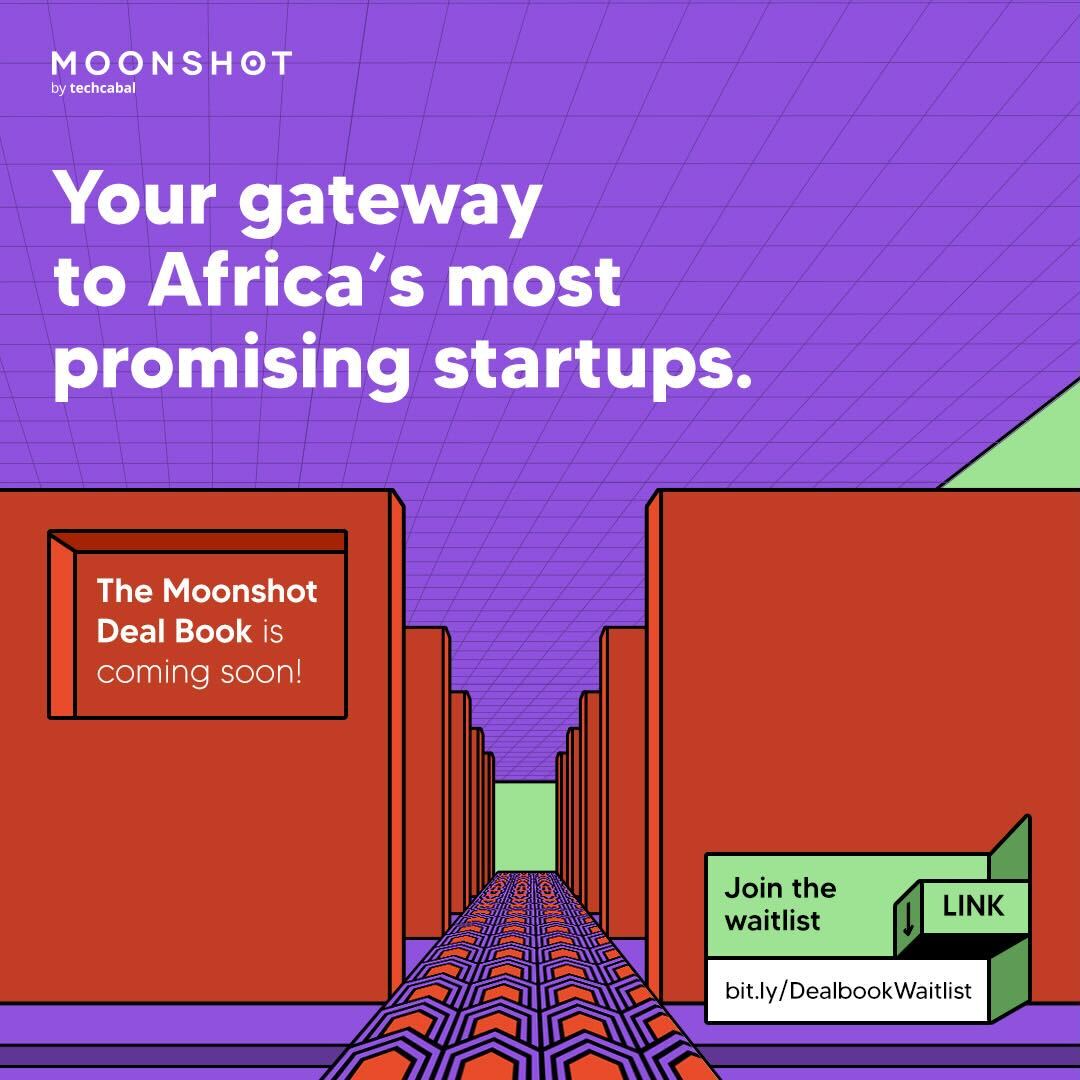
The Moonshot Book Dealbook is lauching very soon. Packed with a handpicked selection of the most promising startups, this exclusive resource is designed to connect top investors with high-potential opportunities. If you’re interested in being among the first to access the TC Dealbook, sign up on our waitlist today!
Telecoms
Equinix’s $140 million solution to Nigeria’s internet problems
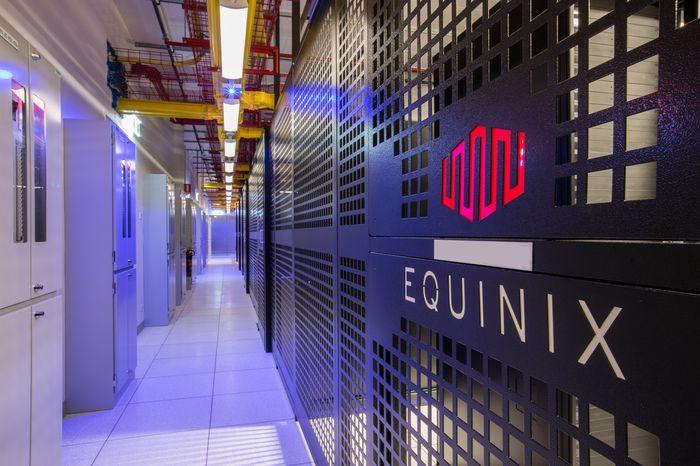
After years of watching Lagos hog all the data center glory, Port Harcourt is finally getting its moment in the sun.
Equinix, the global data center provider that acquired Nigeria’s MainOne, has pledged $140 million to boost digital infrastructure in southern Nigeria. The deal includes plans to launch a new data center (PR1) in Port Harcourt.
PR1 will also serve as the landing station for Meta’s 2Africa submarine cable.
Equinix’s move comes hot on the heels of its $320 million acquisition of MainOne in 2022. With only 45% broadband penetration today, Nigeria is still miles behind its 70% goal. But hey, baby steps.
While Nigeria works towards meeting its 70% broadband target, it currently hosts eight submarine cable landings, including two of the world’s most advanced systems—Google’s Equiano and Meta’s 2Africa. Both cables offer design capacities exceeding 100 Tbps, representing a major leap forward in connectivity. However, the benefits of this expansion remain vulnerable without robust infrastructure redundancy.
Equinix has plans to fix that.
The company says it is rerouting traffic across multiple cables so seamlessly that even your Zoom call won’t know what hit it. Equinix also plans to scale LG3, its third Lagos facility, to support growing enterprise and cloud demand.
CRYPTO TRACKER
The World Wide Web3
Source:

|
Coin Name |
Current Value |
Day |
Month |
|---|---|---|---|
| $85,594 |
+ 1.08% |
+ 1.47% |
|
| $1,644 |
+ 0.64% |
– 14.87% |
|
| $0.02747 |
+ 28.42% |
+ 17.81% |
|
| $131.21 |
– 1.97% |
– 2.75% |
* Data as of 06.30 AM WAT, April 15, 2025.
Opportunities
- Lagos Innovates (LSETF) is offering workspace vouchers to startups in Lagos to ease rising operational costs. Startups can access subsidised co-working spaces with reliable internet, power, and a supportive entrepreneurial community. The program is open to Lagos-based startups looking to reduce overheads and focus on growth. Apply now.
- Village Capital is offering early-stage startups in Africa the chance to join its Greentech Africa 2025 accelerator. The programme supports climate tech ventures building solutions in energy access, sustainable agriculture, circular economy, and related sectors. Selected startups will receive mentorship, investor connections, and capacity-building support. The programme is open to founders based in Africa with market-validated solutions tackling climate challenges. Apply here.
- AfricArena is inviting founders, investors, and ecosystem builders to its high-energy Lagos Summit on April 30, 2025. Themed around fintech, mobility, and logistics, the summit will feature pitch sessions, networking, and curated discussions with top VCs and startups from across the continent. If you’re looking to connect with Africa’s leading tech stakeholders and explore investment and growth opportunities, this is one event you shouldn’t miss. Register here.
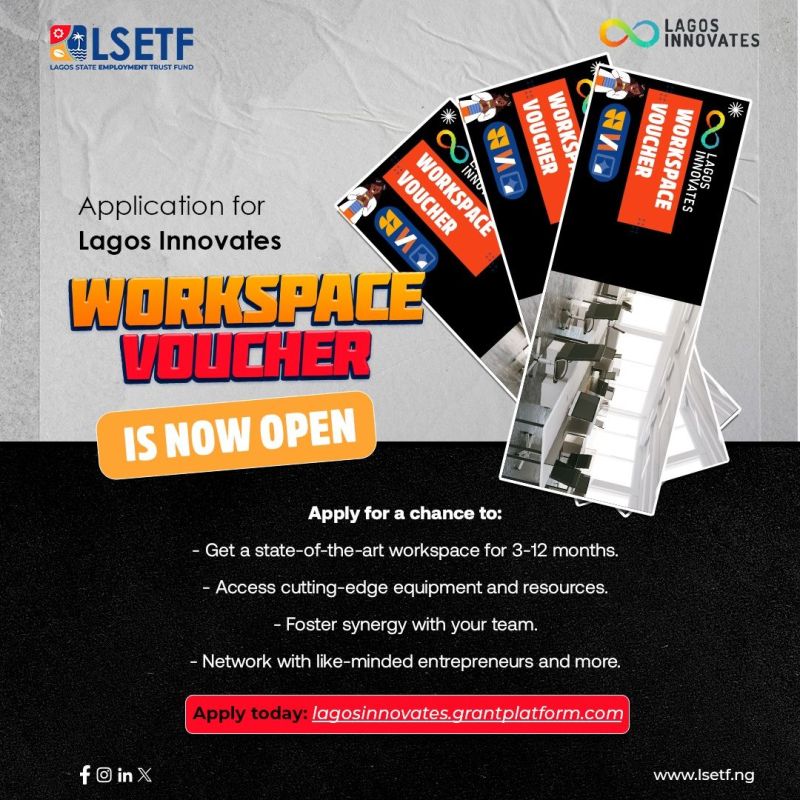

- Nigeria’s SEC cites due diligence delays in crypto licence freeze
- “Axel Peyriere’s guide to angel investing in Africa
- Next Wave: What African startups need to win in the future
- PricePally bets on grocery exports and AI after B2B slump
- America’s tariff wars present no upside opportunities for African economies
Written by: Emmanuel Nwosu, Sakhile Dube, and Frank Eleanya
Edited by: Faith Omoniyi and Fu’ad Lawal
Want more of TechCabal?
Sign up for our insightful newsletters on the business and economy of tech in Africa.
- The Next Wave: futuristic analysis of the business of tech in Africa.
- TC Scoops: breaking news from TechCabal
P:S If you’re often missing TC Daily in your inbox, check your Promotions folder and move any edition of TC Daily from “Promotions” to your “Main” or “Primary” folder and TC Daily will always come to you.










